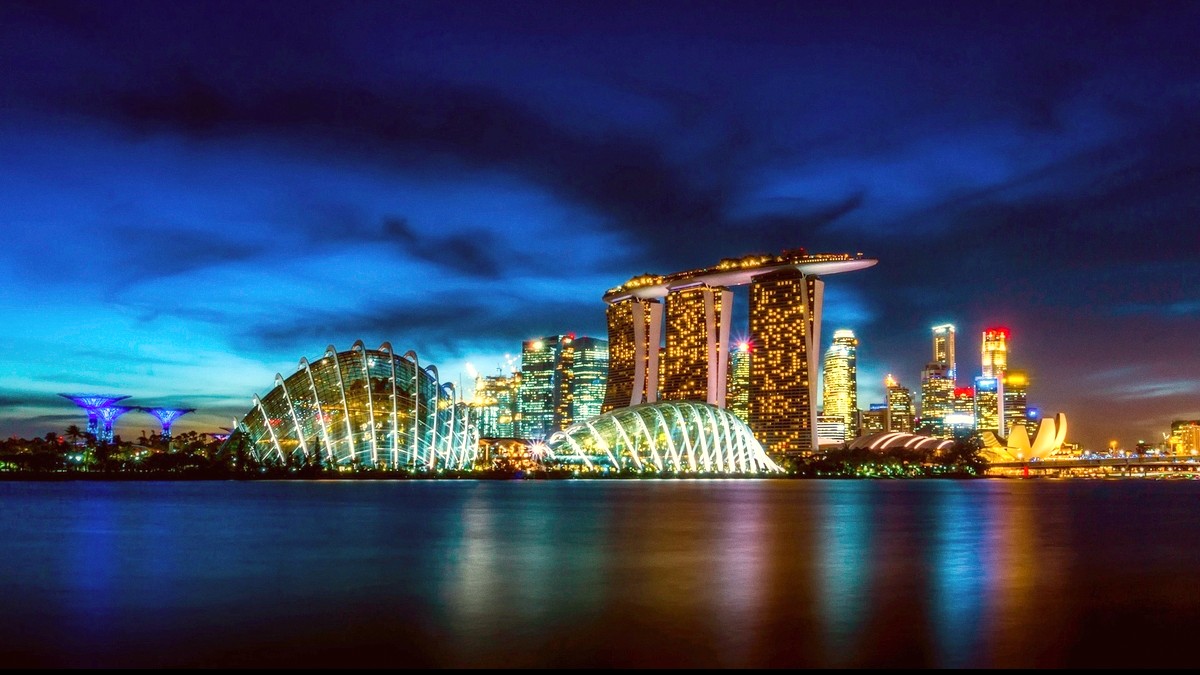
The Northern Cayes, Belize
Caye Caulker is part of this UNESCO World Heritage site, the second largest barrier reef globally. Strict regulations protect coral and marine life.
This highly protected and managed area for snorkeling and diving, between Caye Caulker and San Pedro, shows successful conservation. Visitors abide by strict rules.
Caye Caulker Marine Reserve and Forest Reserve are local protected areas. They focus on the island’s immediate marine environment and its mangrove forests. These initiatives safeguard biodiversity and ecosystem health.
Waste management poses a challenge for small islands like Caye Caulker due to limited space and resources.
While the island has a local waste disposal system, recycling infrastructure is limited.
Fresh water is a precious resource on Caye Caulker. The island often draws on rainwater harvesting and reverse osmosis plants for its water supply. Water resources are finite.
Consider offsetting the carbon footprint of your flights to and from Belize. Reputable organizations maintain carbon offset programs.
When choosing services, look for those committed to sustainability. Select properties that actively conserve water and energy, manage waste responsibly, and support local environmental initiatives.
Choose operators adhering to strict marine park rules (no touching coral, no feeding wildlife unless sanctioned, proper waste disposal).
G Adventures promotes ethical travel.Select operators employing trained and certified guides, using well-maintained boats that cause no reef damage.
Patagonia offers sustainable outdoor gear.Mindful choices preserve Caye Caulker's natural beauty for future generations.
Engage respectfully with the local culture.
While Caye Caulker has few formal community-based tourism programs, directly supporting small, local, family-run businesses is most effective for community benefit.
Embrace the "Go Slow" philosophy: It is a way of life. Be patient, polite, and unhurried in your interactions.
Always polite to ask permission before taking close-up photos of individuals, especially children. Be mindful of privacy and avoid discomfort.
Seek permission for close-up shots of people. Be discreet with your camera in sensitive areas.
If you visit a local church or religious site, dress respectfully. Cover shoulders and knees. Maintain a quiet demeanor.
Avoid making people uncomfortable. Be mindful of privacy and avoid disrupting services.
Your choices as a traveler directly influence the local community.
While Caye Caulker has few formal community-based tourism programs, directly supporting small, local, family-run businesses is most effective for community benefit.
Seek out products explicitly labeled fair trade, or purchase directly from artisans to ensure fair pricing for their work. This supports equitable labor practices.
Be aware of practices that negatively impact the environment or community.
If you wish to donate, research local charities or community projects rather than giving money to individuals on the street. Directly supporting established organizations or schools makes sure your contribution is used effectively.
Your financial decisions as a traveler shape the local economy.
Directly supporting local, family-run businesses channels funds into the community.
Choosing responsible tours and accommodations supports sustainable practices.
Be vigilant against animal exploitation, illegal trade, and child protection issues. Your awareness safeguards vulnerable populations and ecosystems.
Direct your contributions to established local charities or initiatives for transparent and effective support.